Facing the challenges of the Sahel in the context of the COVID-19 pandemic
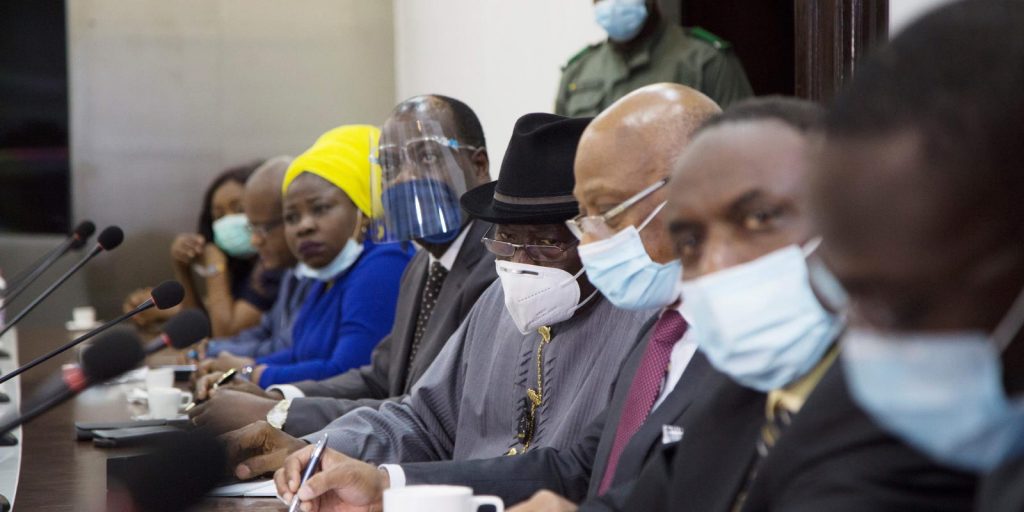
The general situation in the Sahel-Saharan region continues to be of concern to the African Union (AU) and the international community. The spread of the COVID-19 pandemic is adding an additional element to the multidimensional crisis that the Sahel has already been experiencing for a decade. This is resulting in a negative impact, to say the least, on the actions that were underway in the fight against insecurity and for the promotion of sustainable development.
Human rights and vulnerable youth in the time of COVID-19: challenges and lessons by the African Youth Front on Coronavirus
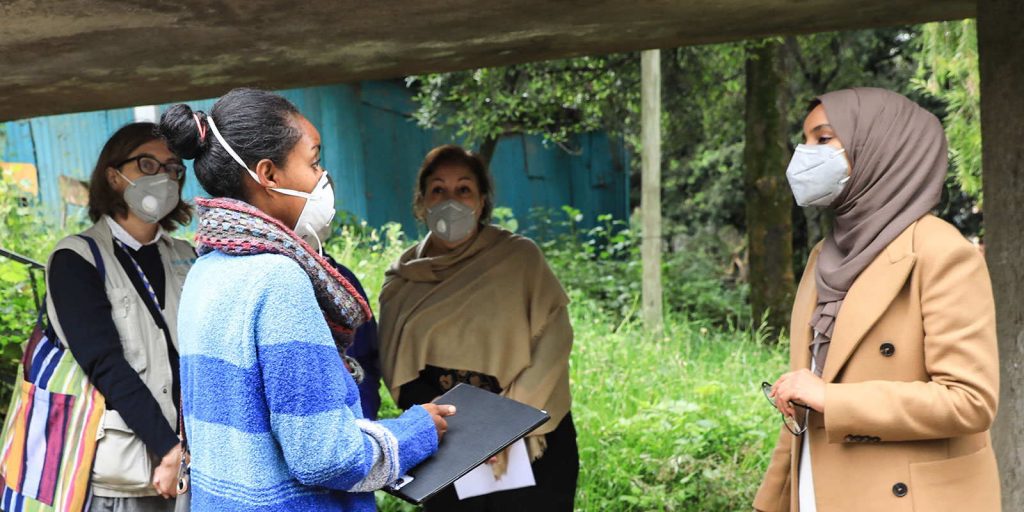
On 6 May 2020, the African Union (AU) Office of the Youth Envoy, with the support of the Commissioner of Social Affairs and the Africa Centres for Disease Control and Prevention (Africa CDC), established the African Youth Front on Coronavirus. This is an AU framework to engage youth in decision-making, to contribute youth-led solutions and co-lead Africa’s response to the pandemic, as well as to support the implementation of the African Continental Strategic Plan for COVID-19 pandemic.
The impact of COVID-19 on human and peoples’ rights in Africa
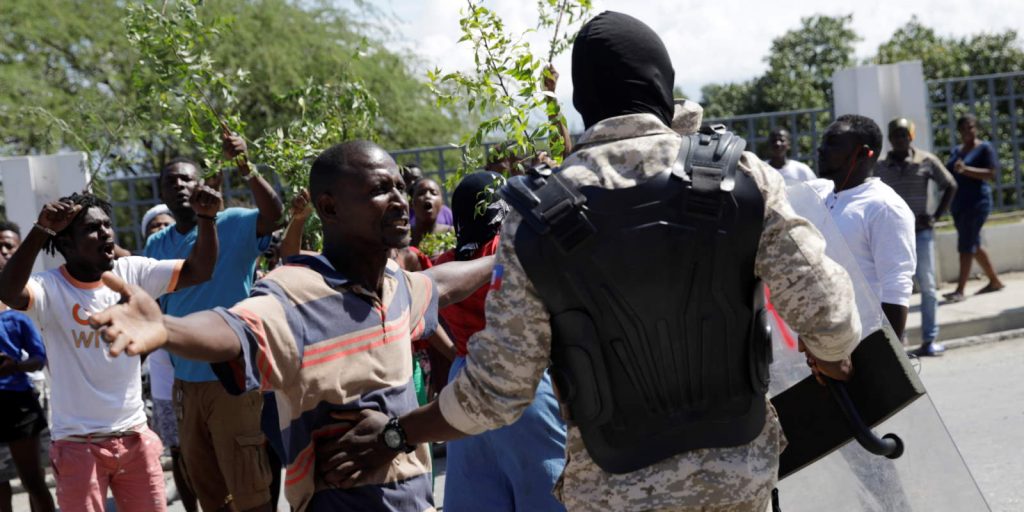
The COVID-19 pandemic, as a biomedical public health issue, poses a grave threat to health and life. It is most infectious. It causes serious illness. It is also deadly. With no vaccine yet to treat it, COVID-19 continues to pose a serious threat to the rights to health and life of people. Indeed, the governance and socio-economic fallout from COVID19 poses even more serious threat to large number of human and peoples’ rights. How we respond to COVID-19 and its impacts on the basis of the African Charter on Human and Peoples’ Rights could prove to be the litmus test for mitigating the grave consequences to the political freedoms and socio-economic rights of people on the continent.
Stigma and misinformation from COVID-19 is taking a human toll
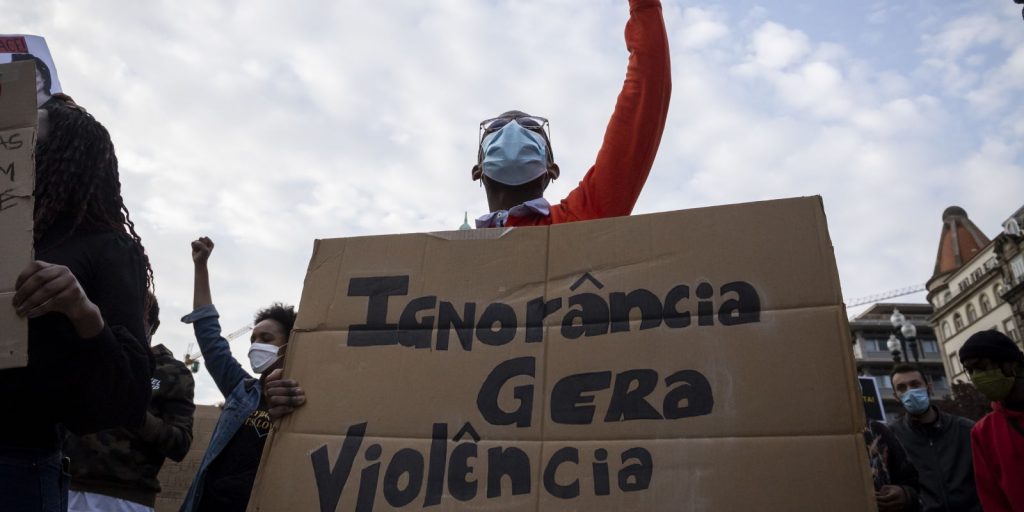
Stigma and misinformation from COVID-19 are such clear and present threats to global health that they are causing as much concern to policymakers as the pandemic itself. These attitudes and behaviours are killing people and causing harm through hate speech, disinformation, discrimination and xenophobia.
Stigma and discrimination: consequences of the fear of COVID-19
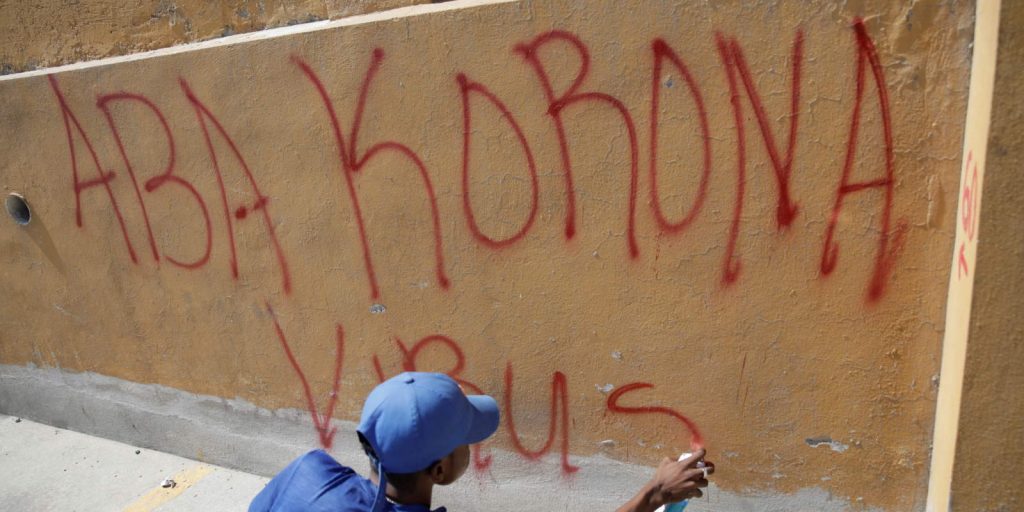
COVID-19 has provoked a series of acts – such as stigma and discrimination against certain groups – across the continent that have exacerbated human rights concerns. According to data captured in the ACCORD COVID-19 Conflict and Resilience Monitor data set, to date 22 out of the 55 African Union Member States have reported incidents of stigmatisation and discrimination due to COVID-19. Such incidents call for the continuation of society-wide measures to raise awareness and disseminate information that this is a worldwide pandemic affecting anyone, regardless of race or culture.
Youth as crucial assets for COVID-19 recovery
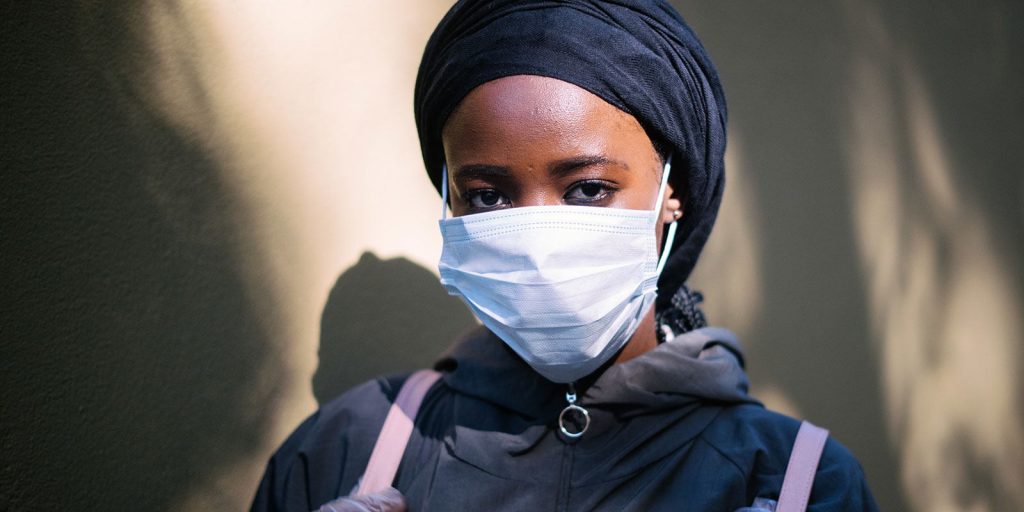
The success of efforts to curb the spread of COVID-19 will depend partly on forging and strengthening partnerships with young people in Africa. Across the continent, youth-led and youth-focused organisations have continued to show resilience and innovation in contributing to solutions to respond to the challenges that have emerged due to COVID-19.
‘Building Back Better’: Youth, Risk and Resilience in the coronavirus (COVID-19) Pandemic
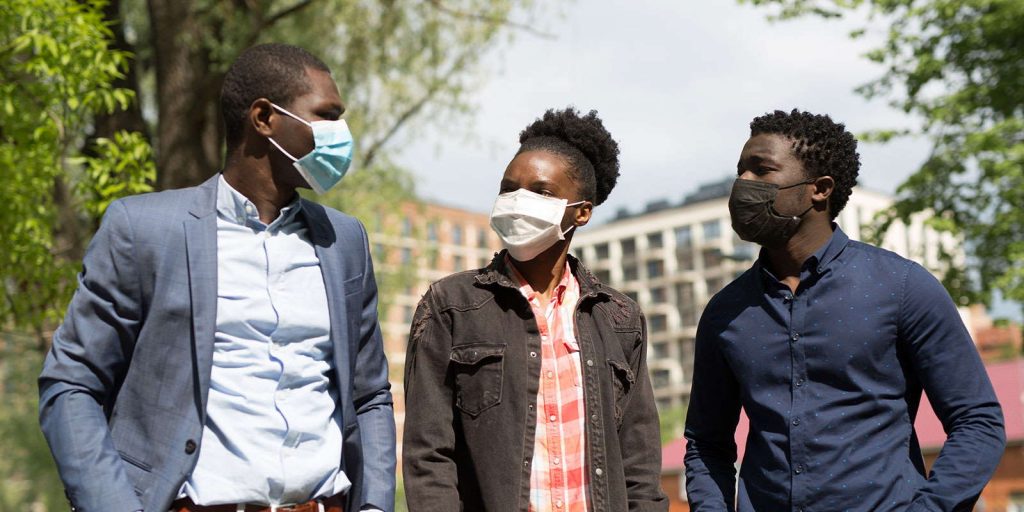
The COVID-19 pandemic – as well as the governmental and societal responses to it – feed into, feed off, and trigger pre-existing local, national, and global patterns of inequality and exclusion.
Unsurprisingly, these responses have also had generational and gendered manifestations. The profile of the COVID-19 pandemic’s impact, provides a powerful mirror image of the interconnected structural ‘violence of exclusion’ that young women and men described so powerfully through The Missing Peace: Independent Progress Study on Youth, Peace and Security.
COVID-19: reinforcing (dis)trust between youth and institutions in Africa
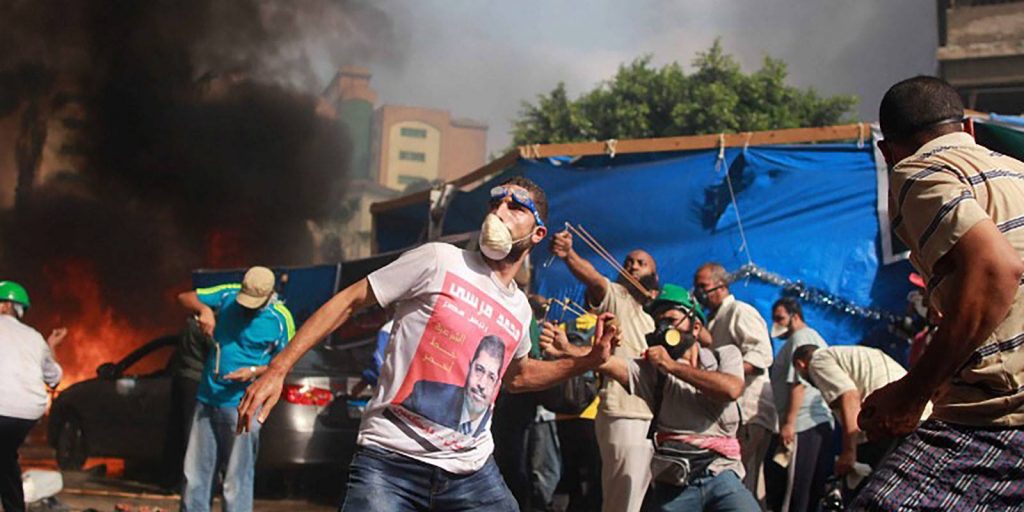
The entry into and rapid spread of the coronavirus (COVID-19) pandemic in Africa has raised several significant questions pertaining to the capacity of governments to respond effectively and, more importantly, to gain citizens’ – especially youths’ – trust in a period of global crisis. The management of COVID-19 by some African governments has offered a veritable opportunity to garner public trust and at least improve (if not completely change) public perceptions, especially with regard to accountability and transparency.
The significance of Inter-Generational Dialogues and the role of Global Peace in the COVID-19 era and beyond
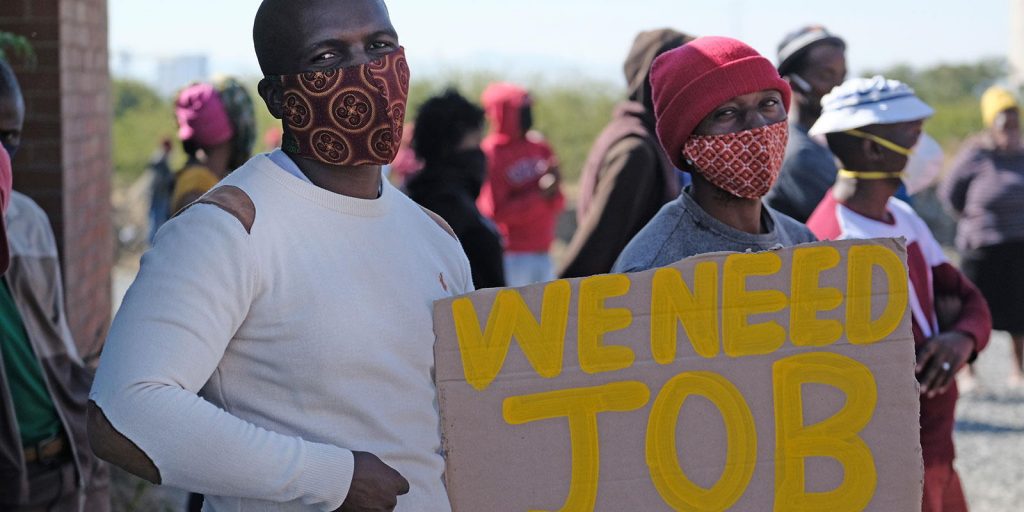
Even before the onset of COVID-19, the social and economic integration of young people was an ongoing challenge. The pandemic has been particularly hard on young women, children and youth from middle- and lower-income countries. Of the many impacts associated with the pandemic, young people face challenges linked to education, health, food and shelter. Unless urgent action is taken, young people are likely to suffer severe and lasting impacts from the pandemic. In spite of this, young people remain determined to collaborate safely and effectively with governments, civil society and other institutions to ‘Build Back Better’.
Peacebuilding during the COVID-19 pandemic
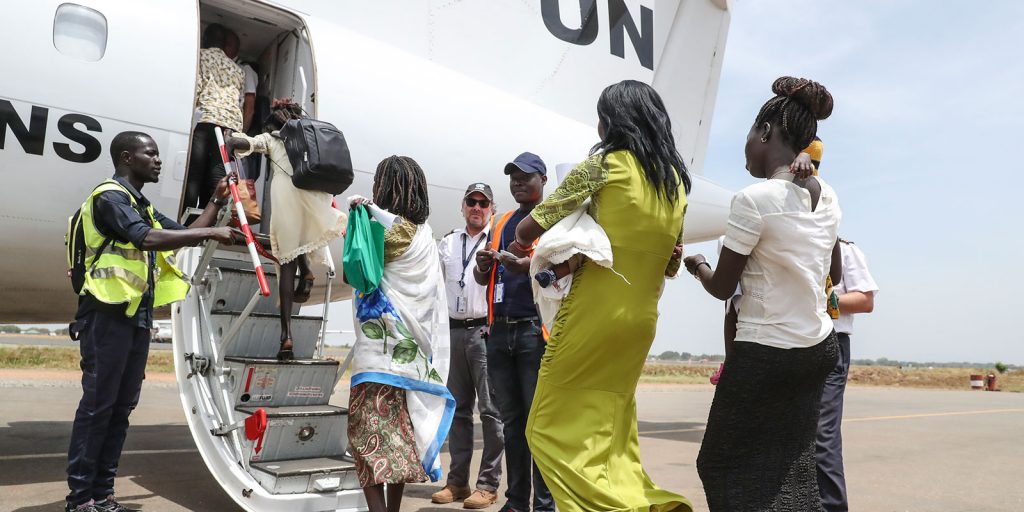
The United Nations (UN) is marking its 75th anniversary at a time of great global disruption, as a result of an unprecedented global health crisis with severe economic, social and political impacts. Will we emerge stronger, more inclusive and better equipped to withstand shocks? Or will distrust and isolation grow further?
